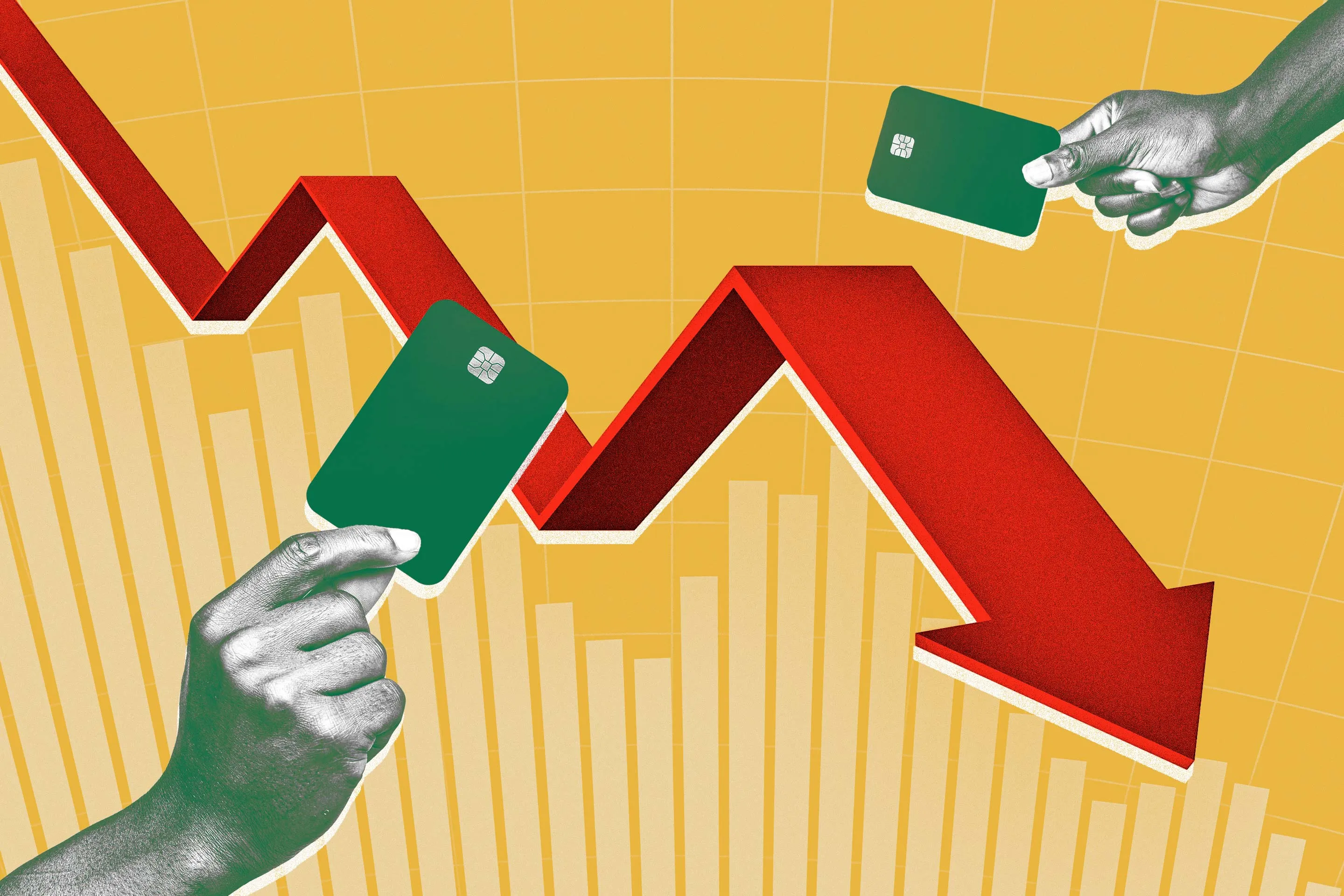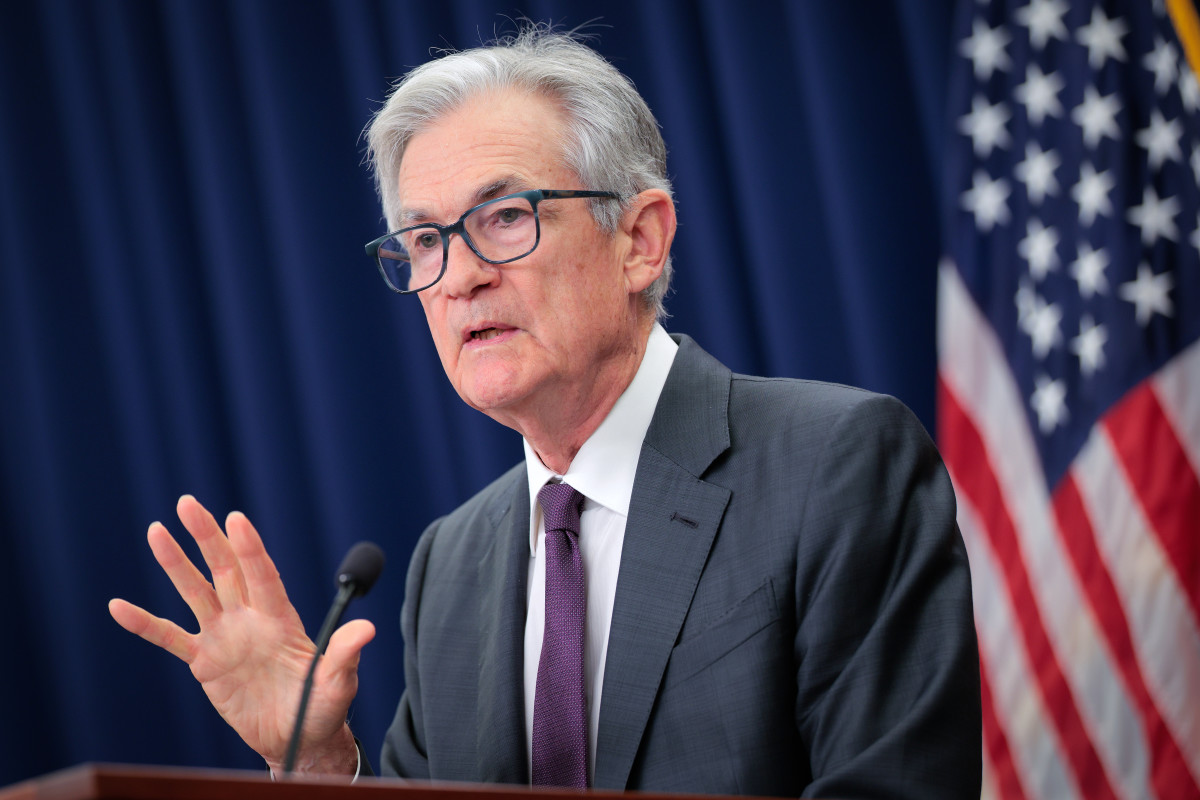The Average Credit Score Just Fell at Fastest Pace Since the Great Recession
NegativeFinancial Markets

The average credit score for U.S. consumers has dropped to 715, marking the fastest decline since the Great Recession. This decline is concerning as it may indicate rising financial instability among consumers, potentially affecting their ability to secure loans and credit in the future.
— Curated by the World Pulse Now AI Editorial System






